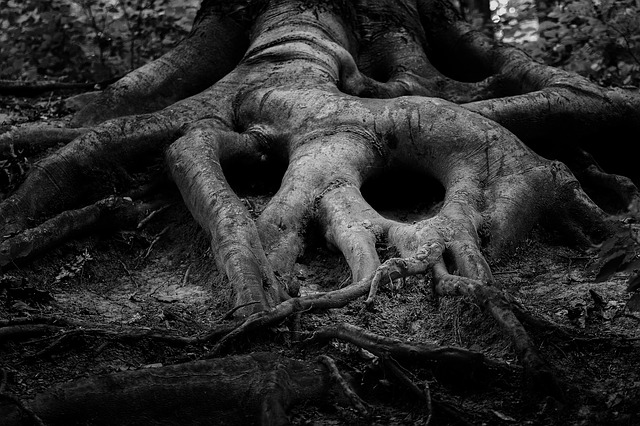
Have you ever wondered why some days seem harder than others? I’ve been reminiscing a lot lately about my recent time in India, where I spent the last year working with an agency in the Southern region of Hyderabad, a place where my parents grew up, and I had visited as a kid, but never really lived in until the last few months. It got me thinking about the importance of knowing who you are and where you come from.
Belonging
Perhaps all of us cannot recollect a time when we truly felt like we belong. Yet, there is a deep longing inside each of us to be loved, to be accepted, to be known. It is an innate tendency to want to belong. But is it a reality for all, or only for some?
Growing up as a third-culture-kid, or TCK for short, I realised that neither my upbringing in Australia as a natural-born citizen, nor my understanding of Indian culture as a child of South Asian parents could really encapsulate who I was. I was pushed to a place where I had to form my own identity, even without fully knowing what that would look like down the road in this thing we call life.
This seemed to come to the forefront during my teenage years, when I began to daydream more and more about the day when I would set foot on Indian soil and finally know what it means to belong. Ironically, the reality was far from what I had once imagined.
Unified under God
For all my understanding of community and what that means, I have found that the church is the one place where the culture’s natural divides don’t seem to apply. It seems that the essence of what draws us together is found in a common abode.
When I was living in the States, I remember my office had an in-house counsellor who offered free counselling sessions to anyone who was interested in their general wellbeing. Up to that point, I had shared the common view that “the shrink” was only for those suffering with manic depression or control issues, not professionals, and certainly not me. Yet it seemed that this counsellor was different. Whenever I saw her, she always seemed to have a mischievous smile. I decided to find out, one day, what made her tick.
The initial counselling session lasted longer than I expected. The counsellor ended up cancelling her other sessions just to tend to me. The emotions that I had bottled up deep inside about not being able to belong, about not understanding why I felt alone, about not being able to express my inward feelings in outward expression all spilled out into the open. Yet what amazed me the most was by my own counsellor’s admission - that she, too, was a messed up individual in need of forgiveness.
Life is like a tree
Pondering the significance of this admission made me contemplate on my own upbringing. According to one allegory, (which I learnt in counselling, no less), life is like a tree: whatever the roots, bears the fruits. In other words, what we let feed into our soul, our mind, even our heart, tends to show later in life by our actions, our decisions, whether or not we consciously or unconsciously take them to heart.
Indeed, our roots can draw strength by memories of a better time, or a past success, but what really impacts our life and what we do with it is the daily feeding of our souls. What we choose to influence us really does have an influence later in life.
Taking the time to rediscover our roots, whether that is visiting our homeland, talking with a childhood friend, or simply learning to be present in this fast-paced world that we live in - maybe that is what it takes to truly know who we are, where we come from, but most importantly, and perhaps, what is most needed, is to know where we are going.

Joseph Kolapudi is a third-culture-kid born in Australia to Indian parents, Joseph returned from California where he was studying theology at Fuller, and is now working with a missions agency, continuing his love of writing by contributing to PSI.
Joseph Kolapudi's previous articles may be viewed at http://www.pressserviceinternational.org/joseph-kolapudi.html

Joseph Kolapudi's previous articles may be viewed at http://www.pressserviceinternational.org/joseph-kolapudi.html